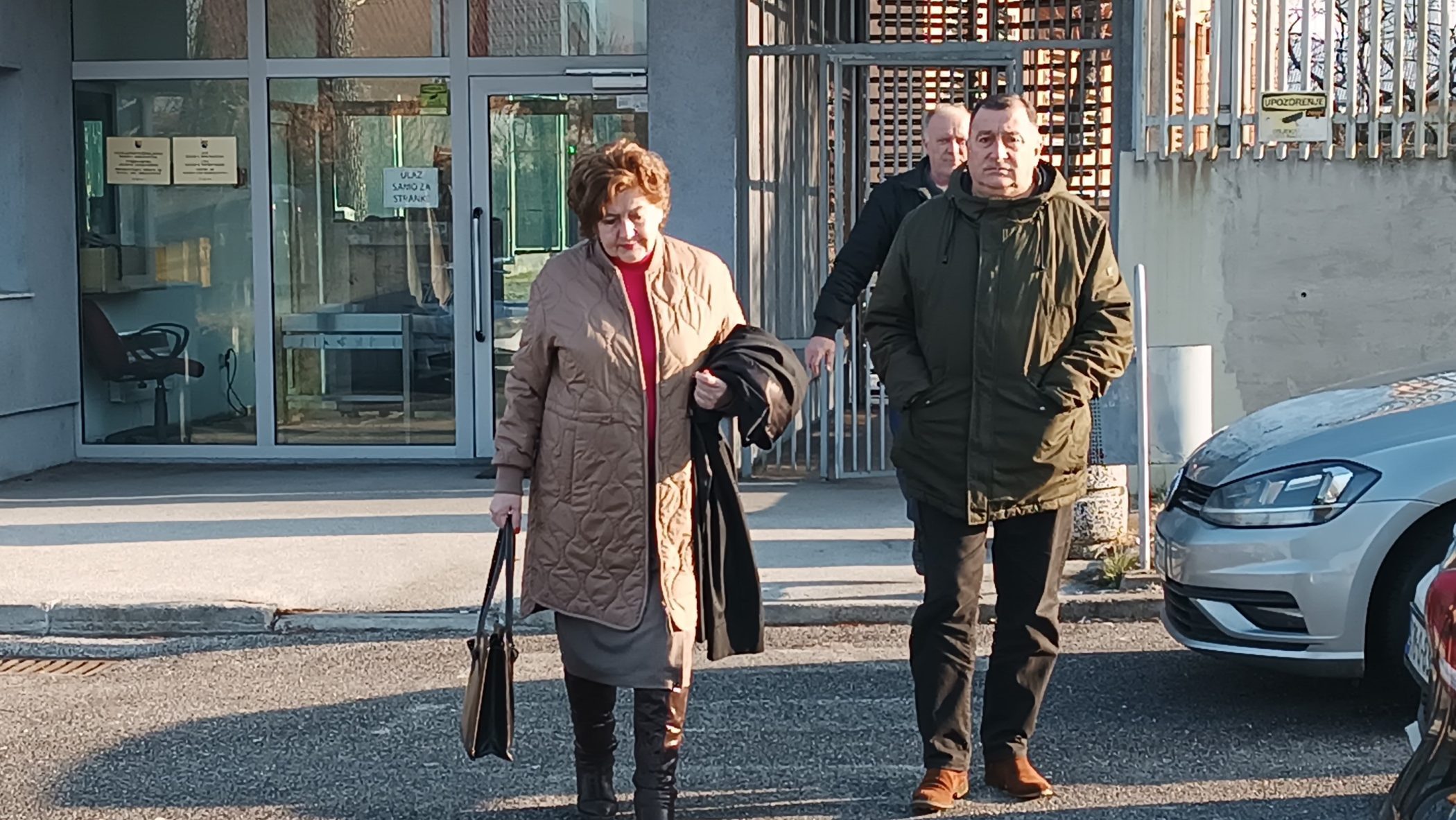This post is also available in: Bosnian
“Because of the stories which came out of Foca and events which took place there during 1992, this town has become a synonym for wartime rape,” prosecutor Philip Alcock said in his opening statement at the beginning of the trial of Gojko Jankovic.
Jankovic is the second war crimes indictee entrusted to Sarajevo’s war crimes chamber by the International Criminal Tribunal for the former Yugoslavia in The Hague.
The former commander of a local paramilitary unit in Foca is charged with nine counts of crimes against humanity. He is charged on the basis of command and individual responsibility for the crimes committed.
Six of the counts allege that Jankovic is responsible for the rape of Bosniak women in Foca in 1992. One of the counts alleges that, over a period of a few months, Jankovic held captive and repeatedly raped four Bosniak girls, the youngest of which was only 12 years old, while the others were aged 14, 16 and 25.
The indictment also states that Jovanovic, together with his paramilitary group and in coordination with the Foca brigade of the Army of Republika Srpska, between April 1992 and February 1993 “participated in an extensive and systematic attack on the non-Serb population on the territory of Foca, which included unlawful detention, murder and sexual abuse”.
During the opening statement, prosecutor Alcock said the trial panel, which is chaired by judge Zorica Gogala, should not view the witnesses’ testimonies and other evidence presented during the trial as a “typical war story”.
“Of course the Bosniaks resisted attacks, but almost all the brutal actions happened after the town was seized. They happened to women and civilians and people who laid down their arms,” the prosecutor said.
Alcock said that Jankovic was a wealthy citizen of Foca, before the war, with military skills and the rank of lieutenant.
“Groups such as his were significant because they were familiar with the terrain and were ‘good’ at finding and expelling the Bosniaks,” he said.
“From the beginning of April until the end of summer 1992, Foca was not only ethnically cleansed, but also devastated,” Alcock continued in his statement. “Every trace of … Bosniaks was thoroughly erased, to the last mosque. That process was thorough, systematic and organised.”
He added that rapes accompanied all events in Foca at the beginning of the war, and that they were used as a strategy to scare off the population while some used it “as a confirmation of ethnic superiority”.
“However, some stood out from others when committing this crime. According to available evidence, Gojko Jankovic was one of these,” Alcock said.
The prosecutor also stated that Jankovic’s treatment of raped women”altered their lives forever”.
“Some of them were so young they could have been his daughters. They forever must live with shame which is not theirs. These crimes clearly illustrate that rape was an open policy in Foca. Rape is the ultimate means with which a perpetrator can dishonour human dignity,” Alcock said.
He asked the trial panel to “put themselves in the shoes of the witnesses” who will appear during the process.
He also asked for maximum protection measures for the witnesses and stressed that, due to the nature of the crimes and the time that has passed, the judges understand that many may have gaps in their memories, or find it difficult to talk about their ordeals.
“This trial is not a public show. I want justice and a judgment that will faithfully reflect the truth,” prosecutor Alcock concluded.
The prosecution phase of the trial is expected to take around three or four months. Around ten victims of the accused will appear as witnesses, most under protective measures.
Jankovic’s counsel Milan Trbojevic said today that the defence team will decide on its strategy during the time the prosecution takes to present its evidence.
Trbojevic requested that the court cover the defence team’s expenses, claiming that his client was experiencing material difficulties. The court ordered an examination of the financial standing of the accused, after which it will decide on the request.
The next hearing is scheduled for May 16, 2006.



